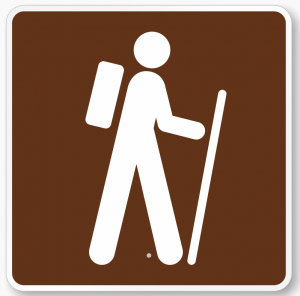College Training - Reading - PreTest
PreTests There is no FINISH EXERCISE button on exercises.
So, invest your time wisely. Mark & Save challenging
questions. Then, go back during your time allotted.
PreTests There is no FINISH EXERCISE button on exercises.
So, invest your time wisely. Mark & Save challenging
questions. Then, go back during your time allotted.